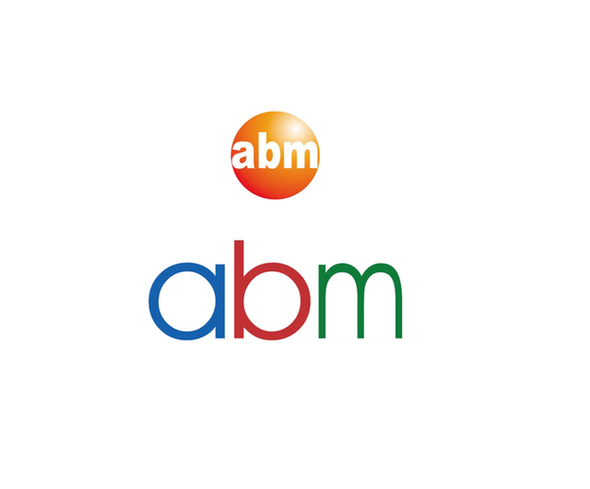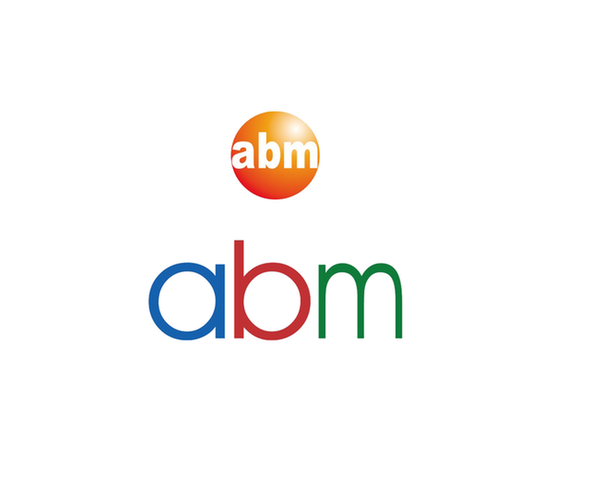abm human recombinant protein
Recombinant Human SERPINF1 | Z100765
- SKU:
- Z100765
- Availability:
- 5 to 7 Days Shipment
Description
abm | Recombinant Human SERPINF1 | Z100765
Pigment epithelium-derived factor (PEDF), a 50-kDa secreted glycoprotein, is widely expressed throughout the human body, with expression decreasing during human hepatocellular carcinoma and breast cancer progression. PEDF binds to a cell membrane receptor to exhibit multifunctional activity in many cell types but its signaling mechanisms are largely unknown. PEDF exerts anti-angiogenic activity by arresting VEGF- or bFGF-mediated endothelial cell migration, inhibiting capillary morphogenesis, and inducing endothelial cell apoptosis. In human dermal microvascular cells, PEDF induces FasL expression and subsequently activation of caspase 8, which initiates the downstream apoptotic cascade. In human umbilical vein endothelial cells (HUVECs), its induction of apoptosis was shown to depend on p38 MAPK activity and to involve activation of caspases 8 and 9.
Functions:
The ED(50) was not determined.
Organism:
Human
Source:
E. coli
Alias:
PEDF, SerpinF1, EPC-1, Cell proliferation-inducing gene 35 protein, PIG35
Recombinant Human Pigment Epithelium-Derived Factor (SERPINF1)
Gene Symbol:
SERPINF1
Gene ID:
5176
Accession:
P36955
Formulation:
Recombinant PEDF was lyophilized from a 0.2 μm filtered 20 mM PB,150 mM NaCl solution pH 7.5.
Solubility:
A quick spin of the vial followed by reconstitution in distilled water to a concentration not less than 0.1 mg/mL. This solution can then be diluted into other buffers.
Appearance:
Lyophilized Powder
Molecular Weight (kDa):
45
Molecular Weight 2 (kDA):
N/A
Molecular Weight 3 (kDA):
N/A
Purity:
>95% as determined by SDS-PAGE
Concentration:
<1.0 EU/μg of recombinant protein as determined by the LAL method.
Shipping Condition :
Ambient Temperature
Storage Condition:
The lyophilized protein is stable for at least one year from date of receipt at -70°C. Upon reconstitution, this cytokine can be stored in working aliquots at 2° - 8°C for one month, or at -20°C for six months, with a carrier protein without detectable loss of activity. Avoid repeated freeze/thaw cycles.






